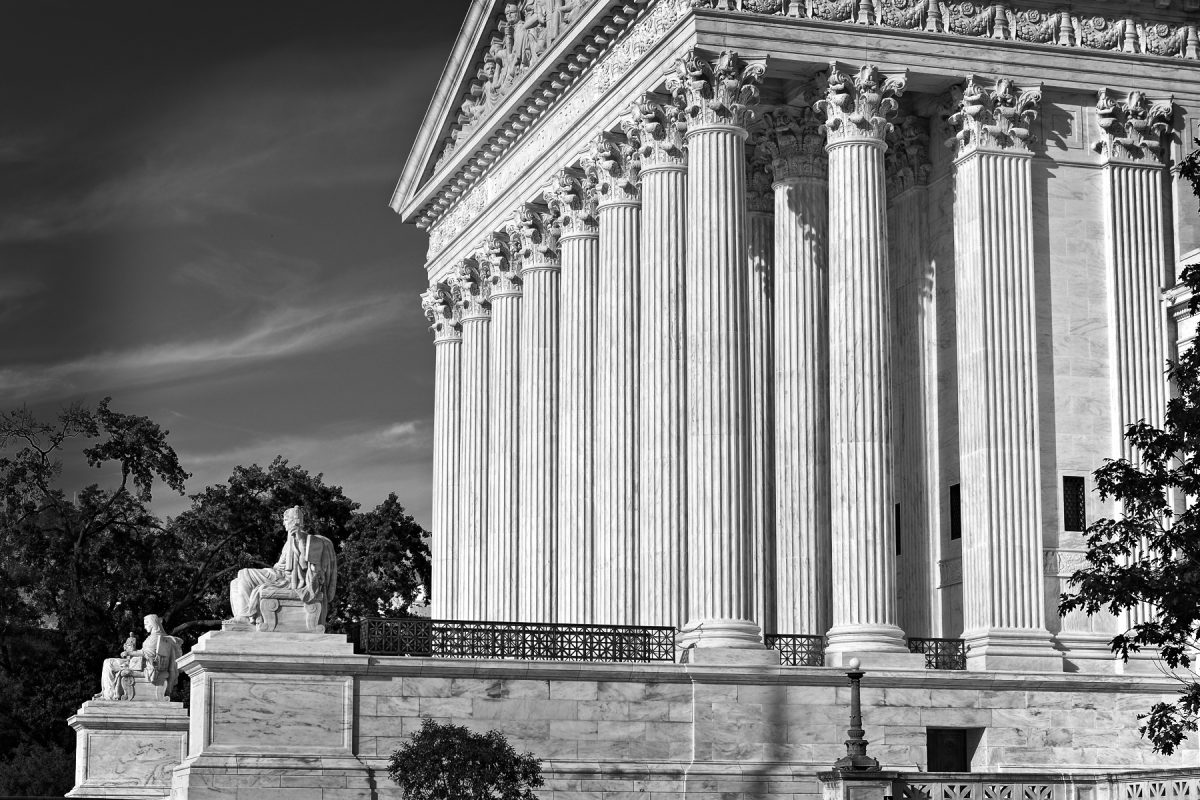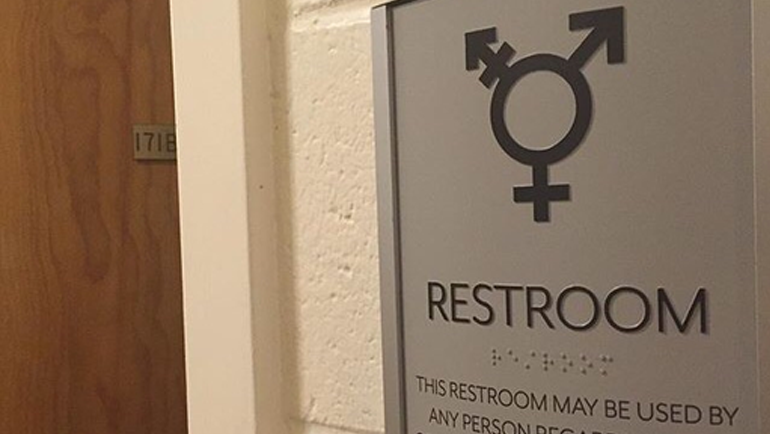Menu
Hot-Topics
February 19, 2026 | SCOTUS Reaffirms Fourth Amendment Standard for Police Responding to Household Emergencies
Category: Supreme Court Decisions

SCOTUS Issues Key Insider Trading Ruling in Salman v United States
The Supreme Court recently rendered its much-anticipated decision in Salman v United States, 580 U. S. ____ (2016). The Court’s unanimous decision, which held that gifts of confidential information from corporate insiders to relatives violate feder...

Bravo-Fernandez v United States: Double Jeopardy and Issue Preclusion
In Bravo-Fernandez v United States, 580 U. S. ____ (2016), the U.S. Supreme Court held that the Constitution’s Double Jeopardy Clause does not prohibit defendants from being retried after a jury has returned irreconcilably inconsistent verdicts of ...

SCOTUS Wrap Ups November with Three Oral Arguments
After taking a break for the Thanksgiving holiday, the U.S. Supreme Court heard oral arguments in three cases last week. The issues before the justices included the detention of illegal aliens, the death penalty, and sentencing guidelines. ...

U.S. Supreme Court to Consider Constitutionality of Sex Offender Bans from Social Media
The U.S. Supreme Court recently added another controversial case to its docket. In Packingham v. North Carolina, the justices will consider the constitutionality of a state law banning sex offenders from accessing certain social media sites. &nb...

Texas v White Holds Confederate States Never Left Union
In Texas v White, 74 U.S. 700 (1869), the U.S. Supreme Court held that Texas never legally left the Union during the Civil War because the U.S. Constitution did not allow states to unilaterally secede. Accordingly, the acts of the insurgent state gov...

Cooley v Board of Wardens: States Not excluded from Regulating Interstate Commerce
In Cooley v Board of Wardens, 53 U.S. 299 (1852), the U.S. Supreme Court held that the state may regulate interstate commerce under the Constitution’s Commerce Clause, provided that the subject of the regulation is local in nature. The F...

SCOTUS Begins November Sitting with Oral Arguments in Five Case
Last week, the U.S. Supreme Court returned to the bench for its November sitting. The justices heard oral arguments in five very diverse cases. The issues before the Court ranged from cheerleading uniform designs to government fraud. F...

Strader v. Graham Lays Foundation for Dred Scott Decision
In Strader v. Graham, 51 U.S. 82 (1851), the U.S. Supreme Court held that it had no jurisdiction to determine whether slaves whose master allowed them to occasionally travel from Kentucky into Ohio acquired a right to freedom. Nonetheless, the justic...

Supreme Court to Hear Transgender Bathroom Case
The U.S. Supreme Court has agreed to consider its first case involving transgender rights. Gloucester County School Board v. G.G. involves whether a transgender Virginia teen who was born a girl, but identifies as a boy, should be able to use the boy...

U.S. Supreme Court Struggles Over Design Patent Damages in Samsung v Apple
Weighty constitutional questions are not the only issues that frustrate the U.S. Supreme Court. In Samsung v Apple, the justices appeared equally exacerbated when tasked with establishing a standard for determining damages in a design patent infringe...
Previous Articles
SCOTUS Decision in Bowe v. United States Is First of the 2026 Term
by DONALD SCARINCI on February 5, 2026
In Bowe v. United States, 607 U.S. ___ (2026), the U.S. Supreme Court held that Title 28 U.S.C. § ...
SCOTUS Rules State Can’t Immunize Parties from Federal Civil Liability
by DONALD SCARINCI on January 29, 2026
In John Doe v. Dynamic Physical Therapy, LLC, 607 U.S. ____ (2025) the U.S. Supreme Court held that...
Supreme Court to Address Racial Discrimination in Jury Selection
by DONALD SCARINCI onWhile the U.S. Supreme Court has concluded oral arguments for the year, it continues to add cases t...
The Amendments
-
Amendment1
- Establishment ClauseFree Exercise Clause
- Freedom of Speech
- Freedoms of Press
- Freedom of Assembly, and Petitition
-
Amendment2
- The Right to Bear Arms
-
Amendment4
- Unreasonable Searches and Seizures
-
Amendment5
- Due Process
- Eminent Domain
- Rights of Criminal Defendants
Preamble to the Bill of Rights
Congress of the United States begun and held at the City of New-York, on Wednesday the fourth of March, one thousand seven hundred and eighty nine.
THE Conventions of a number of the States, having at the time of their adopting the Constitution, expressed a desire, in order to prevent misconstruction or abuse of its powers, that further declaratory and restrictive clauses should be added: And as extending the ground of public confidence in the Government, will best ensure the beneficent ends of its institution.
Awards





